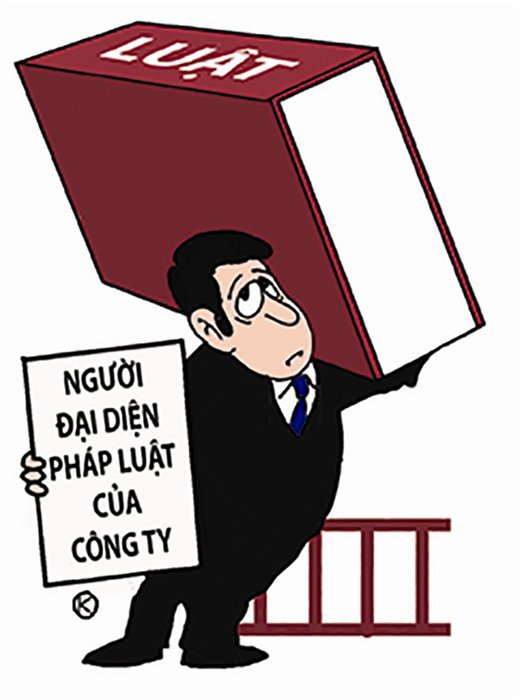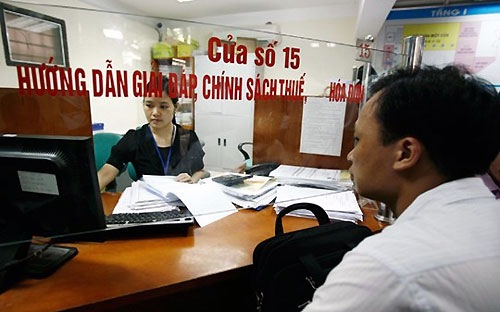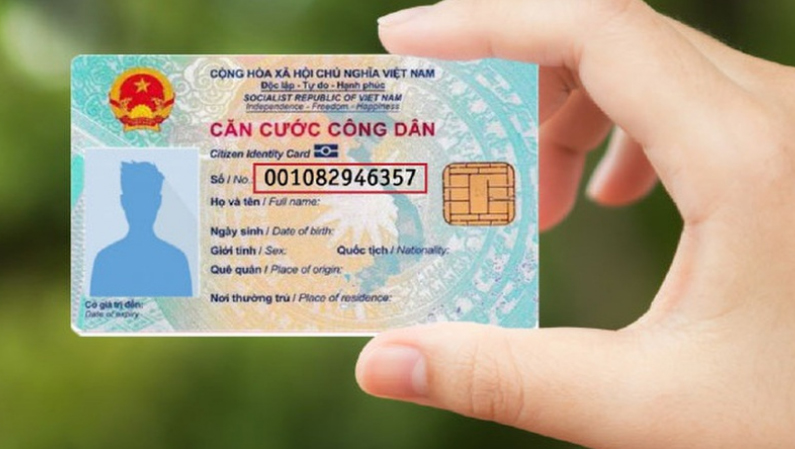Based on the nature of the work and the scope of authority, the legal representative must bear significant responsibility. Therefore, some enterprises are concerned about whether an enterprise can have more than one legal representative to share the responsibility.
1. What is a legal representative in Vietnam?
Corporate law defines a legal representative in Clause 1, Article 13 of the Law on Enterprises 2014 as follows:

Vietnam: Can an enterprise have multiple legal representatives? (Illustrative photo)
The legal representative of an enterprise is an individual who represents the enterprise in exercising rights and obligations arising from transactions of the enterprise, represents the enterprise as a plaintiff, defendant, person with related rights, and obligations before Arbitration, Court, and other rights and obligations as prescribed by law.
Thus, the legal representative is the person responsible for representing the company in dealings with other entities. Every enterprise has a legal representative to carry out these rights and obligations.
2. Number of legal representatives of an enterprise in Vietnam
Depending on the type of enterprise, the number of legal representatives varies. To be specific:
+ For sole proprietorship, the owner of the sole proprietorship is the legal representative of the company.
+ For partnership, all partners have the right to act as legal representatives of the company. They are granted the right under the law to participate in business activities within the partnership.
+ For Joint Stock Company and Limited Liability Company, as stipulated in Clause 2, Article 13 of the Law on Enterprises 2014, they may have one or more legal representatives. The company's charter specifies the number, titles, and rights, obligations of the legal representatives of the enterprise.
Limited Liability Company and Joint Stock Company may have one or more legal representatives. The company charter specifies the number, management titles, and rights, obligations of the legal representatives of the enterprise.
The current law allows for Joint Stock Companies and Limited Liability Companies to have more than one legal representative, depending on the company's specific needs as outlined in its charter. With multiple legal representatives, it is necessary to clearly delineate the joint or separate responsibilities and the representative scope in establishing transactions on behalf of the enterprise. The company charter should strictly regulate to avoid overlapping authorities, thereby enhancing internal management efficiency.
Having more than one legal representative has its advantages and disadvantages. Enterprises need to consider these to make their choice. To be specific:
- Advantages: When there are multiple legal representatives, work can be shared, taking advantage of opportunities to create flexibility in resolving company issues. If one legal representative is not present in Vietnam or cannot perform their duties, another can substitute. Multiple representatives help address and decide on frequent company matters.
- Disadvantages: Having multiple legal representatives may complicate transaction identification for partners. It may lead to inconsistencies when partners deal with two different legal representatives at different times, complicating cooperation. This might cause partners to be wary of engaging in transactions and signing contracts.
Thus, each legal provision can offer certain advantages and disadvantages. Therefore, enterprises should carefully consider the number of legal representatives they appoint.
Note: Whether an enterprise has one or multiple legal representatives, it must ensure that at least one legal representative resides in Vietnam at all times. In cases where the enterprise has only one legal representative, that person must reside in Vietnam and must delegate their rights and obligations to another person in writing if they leave the country. However, the legal representative remains responsible for the exercised delegated rights and obligations.
Legal Basis:
Long Binh
 Article table of contents
Article table of contents







.Medium.png)
.Medium.png)
.Medium.png)
.Medium.png)
